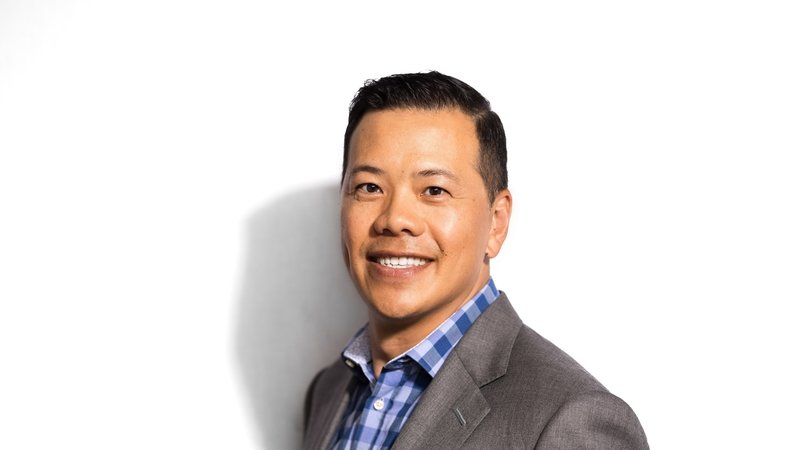Gene therapies come with a roster of limitations from tissue-specific tropism to tolerability issues to lack of potency to the inability to re-dose. Ring Therapeutics is looking to tackle these challenges head-on and now has $117 million to bankroll its work into the clinic.
Existing gene therapies, like adeno-associated virus-based vectors, can only be administered once since they activate a patient’s immune system. In steps Ring, which set out in 2017 to figure out what viruses live in and amongst humans that don’t cause diseases, said the biotech’s CEO Tuyen Ong, M.D., in an interview with Fierce Biotech.
Ong, who joined the Flagship Pioneering-incubated startup last September as a CEO-Partner of the investment firm, said Ring has identified a family of viruses known as the anellovirus, which are “amazingly diverse viruses” that live in all humans.
“They basically developed an evolutionary mechanism to somewhat live in harmony with our immune system in many different parts of our body, so you could imagine that gives rise to really distinct advantages for deploying as viral vectors,” Ong said.
The biotech has discovered thousands of anello-based vector candidates and have the potential to bring to fruition gene therapies and nucleic acid medicines across a variety of diseases, Ong said.
“Because these anello viruses are somewhat immune stealthy, we’ve been able to demonstrate preclinically and with some other data, you could potentially re-dose them and potentially addressing the holy grail of gene therapy of having a redosable viral vector,” Ong said.
The series B financing will help Ring expand its vector platform, continue building its manufacturing capabilities to produce a library of vectors for preclinical testing and bankroll a study to get the company into the clinic “very soon,” Ong said.
Ring, named after the translation of the Latin term “anello,” has not disclosed its first indication, Ong said, but the number of disease opportunities is “almost limitless” given the lack of deficiencies common in other gene therapies.
“The challenge for us, actually, is we have an embarrassment of riches,” Ong said, noting one investor told Ring their other gene therapy investments “are going to be obsolete” if the biotech’s platform rings true. The series B funds came from Invus, Altitude Life Science Ventures, Partners Investment, UPMC Enterprises, T. Rowe Price Associates and others, including Flagship.
Ong’s background serves as one indication of potential routes the company could go. He was most recently in ophthalmology at Biogen, where he headed up that disease franchise after the company acquired Nightstar Therapeutics for $877 million in 2019. He also has experiences in rare and genetic diseases.
Central nervous system and cardiovascular conditions are also on the table, as well as immuno-oncology and oncology areas, Ong said.

